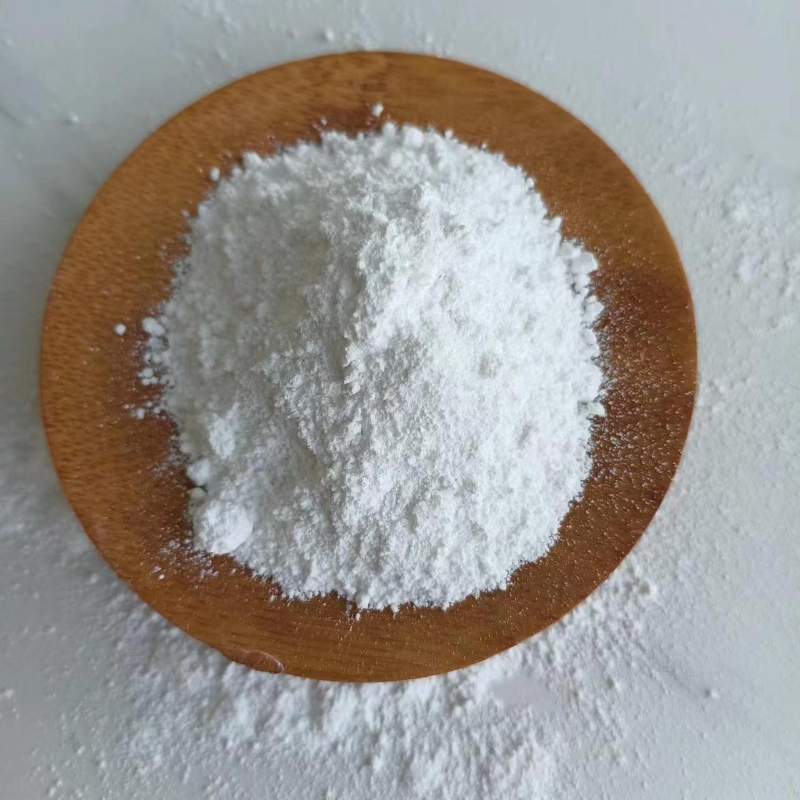-
Categories
-
Pharmaceutical Intermediates
-
Active Pharmaceutical Ingredients
-
Food Additives
- Industrial Coatings
- Agrochemicals
- Dyes and Pigments
- Surfactant
- Flavors and Fragrances
- Chemical Reagents
- Catalyst and Auxiliary
- Natural Products
- Inorganic Chemistry
-
Organic Chemistry
-
Biochemical Engineering
- Analytical Chemistry
- Cosmetic Ingredient
-
Pharmaceutical Intermediates
Promotion
ECHEMI Mall
Wholesale
Weekly Price
Exhibition
News
-
Trade Service
Crohn's disease (CD) is a recurrent and remission of the gastrointestinal tract.
it can lead to permeable inflammation of the intestines, stenosis and the appearance of fistula.
can be significantly debilitating, leading to longer hospital stays, limiting employability and reducing quality of life.
although the proportion of CD surgery has declined over time, the rate of CD diagnosis remains high in 50 per cent of patients with a removal within 10 years, with a lifetime risk of more than 70 per cent.
relapse symptoms are common, with a reported risk of re-surgery at 5 and 10 years of age of 24 per cent and 35 per cent, respectively.
However, given that the recommended treatment for inflammatory bowel disease (IBD) is to achieve mucous membrane healing to prevent further complications of stenosis and penetrating diseases, clinicians recommend that the risk of recurrence be gradually reduced through active research and treatment.
for CD patients who have had surgery, recent guidelines recommend colonoscopy 6 to 12 months after surgery to reduce further surgical interventions caused by medication.
study aims to explore the risk of further surgery for CD matching surgery after a right semi-colonectomy.
researchers collected patients with CD simultaneous right-half colonectomy between 2007 and 2016.
examined the compliance with the timing of colonoscopy guidance after removal and the risk of further surgery during the procedure.
risk factors for re-surgery were assessed using the COX proportional risk model.
the study included 12,230 patients: 45 per cent male and 36 years old.
follow-up time was 5.9 years: a total of 74,960 years.
was 2.9 years for re-surgery.
follow-up patients, at least 9 percent had a match five years after the first operation, and at least 16.9 percent had at least one re-operation involving a matching mouth 10 years later.
older, poorer patients, as well as those who underwent phased surgery after a select period of hospitalization, can reduce the risk of further surgery.
study, the annual number of right-half colonectomies increased from 1063/year to 1317/year due to increased CD prevalence.
, 78% of patients did not have a colonoscopy as recommended within 6-12 months of the removal indicator.
the right half colonectomy to treat the CD, re-surgery involving the matching site was still common.
the optimization of medication for relapses as early as possible, as well as increased colonoscopy, may reduce the need for surgery.
。







